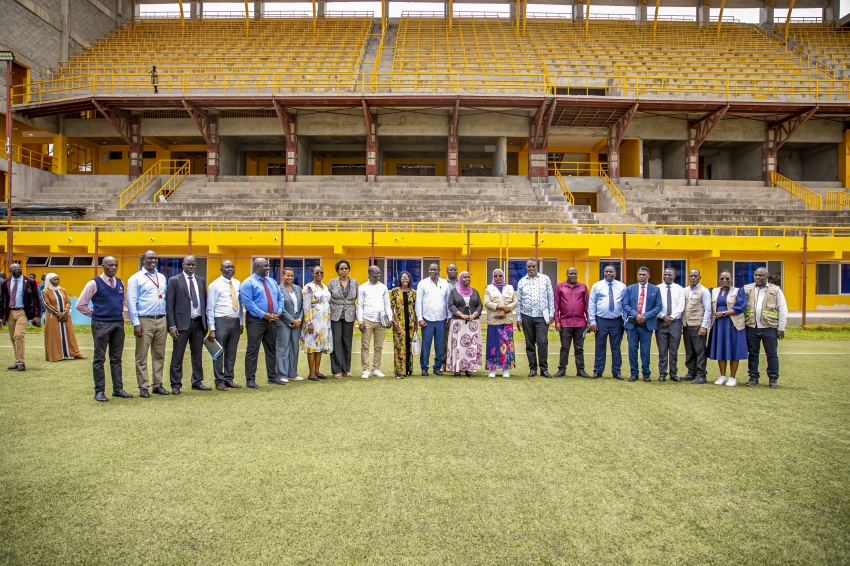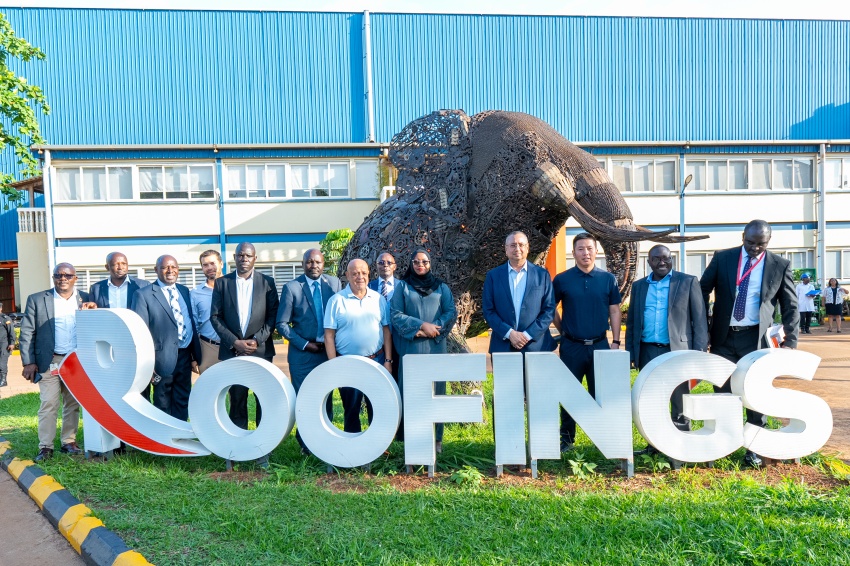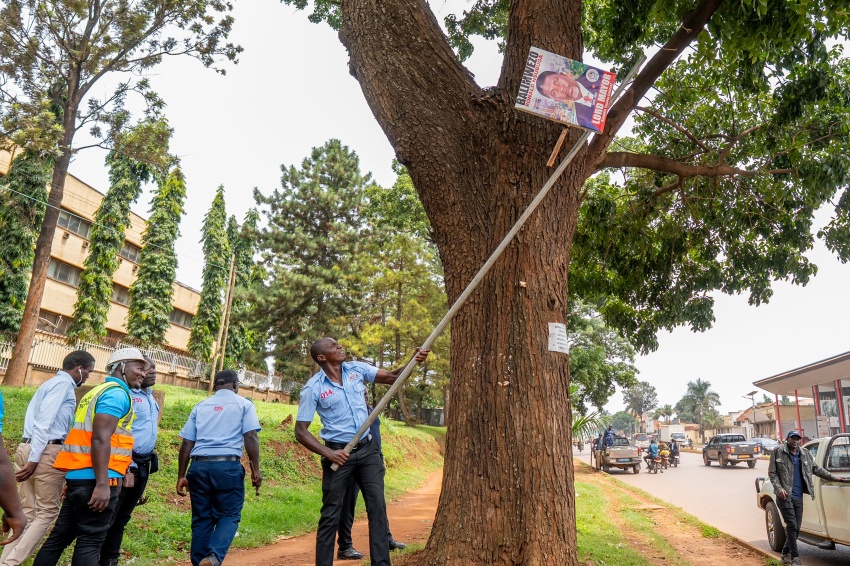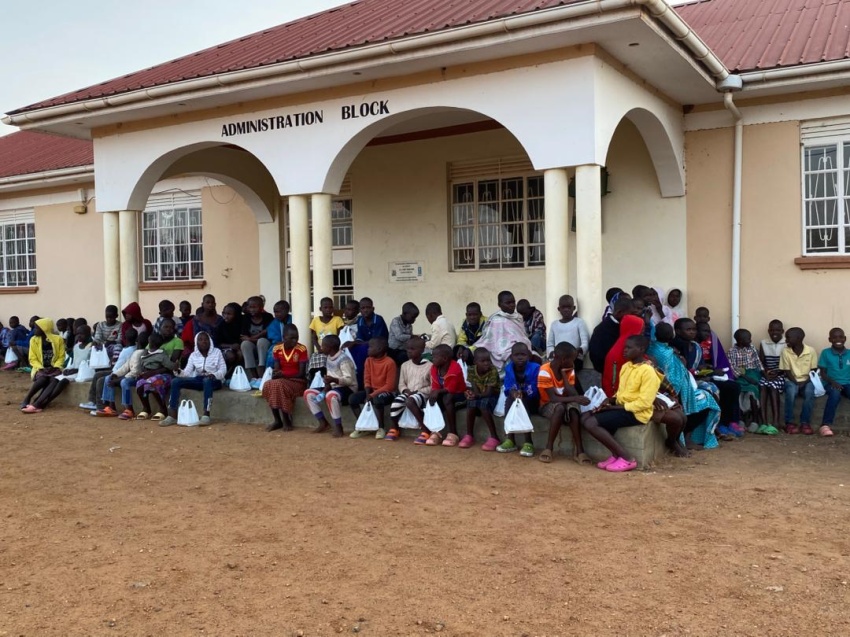KIIDP 2 UPDATE
PUBLISHED — 6th, March 2017KAMPALA, March 6th, 2017 – New and simplified methods of collecting tax in Kampala City are yielding increased revenue. In just two years, tax collections rose by 20% by end of the fiscal year 2015/2016. Just like any other city, the cost of maintaining and providing quality services to an urban population of over 4 million is high. Hence, the need for a wide local tax base for increased and sustained revenue generation.
Over the years, tax and non-tax revenue collections in the city have steadily increased. This notable increase in revenue collection is attributed to institutional efficiency and reforms in tax administration. These reforms have made it easier for clients to pay taxes. Some of the reforms relate to the implementation of an automated revenue administration system (e-CITIE) which facilitates both electronic and mobile phone payment platforms. KCCA also undertakes tax payer compliance management programs to promote voluntary tax payment. The institution also assists tax payers in meeting their obligations by granting installment payment plans to boost revenue collections.
Fred Andema, Deputy Director Revenue Collection, KCCA said, “Revenue collection in Kampala city increased by 15 billion shillings (20% ) in two years by end of fiscal year 2015/ 2016. This is impressive, but not enough. The finances needed to effectively deliver services in Kampala are enormous.” He said, “Even the current budgeted revenue estimates of UGX 112 Billion for the fiscal year 2016/17 is not adequate. We therefore need to undertake additional interventions to step up revenue collections.”
For this reason, the Second Kampala Institutional and Infrastructure Development Project (KIIDP 2) is enhancing the capacity of KCCA to generate revenue. The project is supporting the automation of all revenue sources. It specifically supports the implementation of a Computer Aided Property rates management system which will simplify the administration of property tax and double the current tax values of approximately UGX 20 Billion by 2019.
Today, property rates and parking fees combined bring in the highest revenue of 37 Billion shillings, nearly 50 percent of the total revenue collected in the city.
Andema raised the need for sustained revenue flows to cater for an array of services ranging from road and drainage construction and maintenance, garbage collection, to street lighting in the five Divisions of Kampala - Nakawa, Kawempe, Makindye, Rubaga and Central. Other services include the provision of public health, education, social services and more.
The growth of urban jobs is one of the key contributors to poverty reduction in Kampala. Therefore, a properly planned city is an essential ingredient in growth of businesses and job creation. It is for this purpose that the Second Kampala Institutional and Infrastructure Development Project is supporting urban planning, infrastructural improvement and land development in Kampala.
An electronic system, known as the Geographical Information System used to capture land usage and guide development of urban land has been upgraded under this project. Furthermore, as efforts to elevate the status of Kampala city advance, KCCA has made impressive strides in creating city addresses to ease location of streets and properties. Some roads are now labeled and houses numbered.
Moses K Atwine, AG. Director Physical Planning, KCCA said, “The city address exercise will significantly ease locating houses during emergencies. This city address activity is going on in all divisions with about 10,000 properties already assigned numbers and geo referenced. Similarly, about 250 roads are now named with signage.”
The Second Kampala Institutional and Infrastructure Development Project (KIIDP 2) seeks to enhance infrastructure and institutional capacity of Kampala Capital City Authority (KCCA) and improve urban mobility for inclusive economic growth. There are two components to the project, the first component being city wide road infrastructure and associated investments. The Second component is the institutional and systems development support. This five year project is worth $183.75 Million.
Stay apprised of the work of KCCA in and around Kampala by browsing our Social Media Hub — Twitter | Facebook | Instagram | YouTube
News & Announcements
19th, February 2026
17th, February 2026
15th, February 2026
13th, February 2026
12th, February 2026
11th, February 2026
10th, February 2026
5th, February 2026
4th, February 2026
28th, January 2026


















Development partners